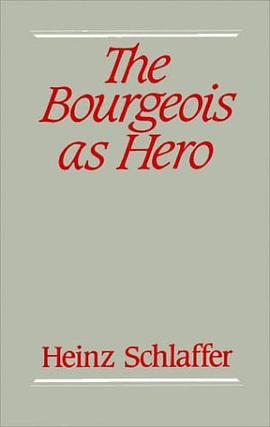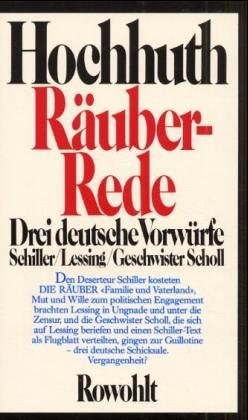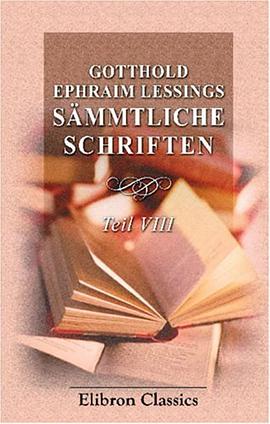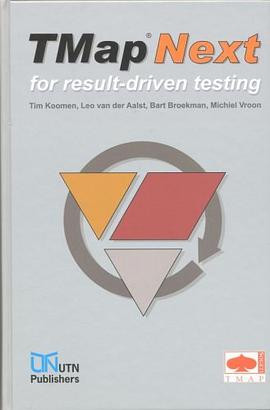

具體描述
àBAVAILABLE FOR FIRST TIME IN U.S. àRThis work is a highly original analysis of how the bourgeoisie created themselves as the "heroes" of the literature of the eighteenth and nineteenth centuries. It is a systematic study of bourgeois literature which clearly shows the integral relationship between a social class and the ideals projected in its literary works. The idea of the bourgeois as hero is pursued through a brilliant reading of the major texts of classical German literature. The author focuses on opposing literary forms: epic and novel in Jean Paul's "Titan;" poetry and prose in Goethe's "Bridegroom;" tragedy and comedy in Lessing's "Minna von Barnhelm." Schlaffer links these forms to bourgeois preoccupations with love, work, honour and money to show how the interests of the bourgeoisie as a class underpin and subvert its idealistic literary aspirations. This challenging new analysis demonstrates how literature can be used to interpret social structure, and also how the influence of social structure can generate deviation and ambivalence in literary themes and forms. In "The Bourgeois as Hero," Schlaffer has produced a major new synthesis of sociology and literary theory in a manner similar to Lukács. It will be of great importance for students and academics, in modern languages and literature, literary theory, sociology and cultural studies. Contents: Introduction; 1 Epic and Novel. Action and Consciousness. Jean Paul'sàR "Titan; 2 Poetry and Prose. Love and Labour. Goethe's" "Bridegroom; 3 Tragedy and Comedy. Honour and Money. Lessing's" "Minna von Barnhelm; 4 Conclusions and Method. Pre-Bourgeois Heroism in Burgeois Society. Problems of Socio-Historical Interpretation; Notes; Index"
著者簡介
圖書目錄
讀後感
評分
評分
評分
評分
用戶評價
相關圖書
本站所有內容均為互聯網搜索引擎提供的公開搜索信息,本站不存儲任何數據與內容,任何內容與數據均與本站無關,如有需要請聯繫相關搜索引擎包括但不限於百度,google,bing,sogou 等
© 2025 book.quotespace.org All Rights Reserved. 小美書屋 版权所有




















